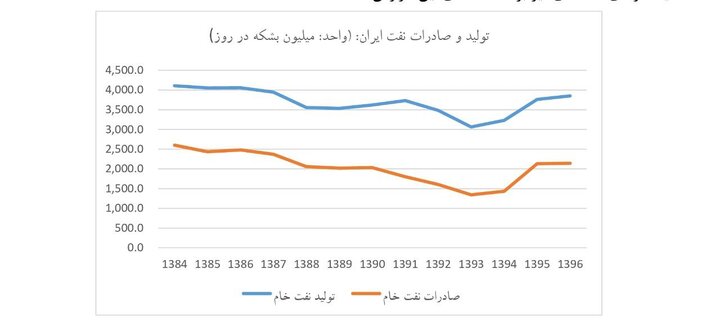Western Psychological Warfare: Will the “Snapback” Cut Iran’s Oil Exports to Zero?

Mehr News Agency, international Desk: On Friday, the United Nations Security council held a meeting to discuss the resolution on the continuation of sanctions relief against Iran before the 30-day deadline of the snapback mechanism expired.
The correspondent for Al Mayadeen reported that nine members of the Security Council voted against extending UN sanctions relief on Iran. Only four members approved it, and two abstained.
Given the procedure and conditions of the snapback mechanism, this means that the resolution to continue lifting sanctions on Iran was not adopted, and consequently, the Security Council agreed to reinstate UN sanctions against Iran.
Security Council Voting Breakdown:
Votes Against: United States, United Kingdom, France, Greece, denmark, Slovenia, Panama, Sierra Leone, Somalia
Votes For: china, Russia, Pakistan, Algeria
abstentions: South Korea (Council President) and Guyana
The failure of this resolution came amid obstruction by the United States and its Western allies in the Security council. The Russian representative emphasized at today’s session that countries party to the nuclear deal have no legal right to restore UN sanctions against tehran.
He added that efforts by europe’s troika to reinstate sanctions lack legal standing.
The Russian delegate stressed that European countries reject diplomacy toward Iran’s nuclear program. The return of sanctions holds no legitimate basis.
Will Snapback Reduce Oil Export Sales to Zero?
A review of trends in Iranian oil production and exports shows that from early 2010-when resolution 1929 (the most severe anti-Iranian UN sanction) was passed-until early 2012 production and sales remained steady with exports exceeding two million barrels per day.
As 2012 onward-and especially after America withdrew from JCPOA in 2018-unilateral U.S. sanctions have been impacting our oil sales. However these measures have now largely lost their effectiveness.
Psychological Warfare or Real Impact?
The evidence suggests contrary to some Western media reports claiming direct effects of snapback on Iranian oil sales-the Western activation of this mechanism is primarily psychological. Snapback cannot impose stricter restrictions than those already enforced by U.S.unilateral sanctions on Iranian oil exports.
This point was also highlighted about two weeks ago by Mohsen Paknejad, Iran’s Minister of Petroleum who stated: “These new restrictions will not exceed those already imposed unilaterally by the U.S. Treasury.”
He further noted: “Currently we face no difficulties in selling our oil; during this year’s first four months we sold an average daily volume 21 thousand barrels higher than last year - roughly an extra 630 thousand barrels per month.”
This clearly indicates that Western attempts through illegal activation of snapback will not succeed in further restricting Iran’s oil exports beyond current levels. Rather they rely mostly on media maneuvering aimed at intensifying psychological pressure linked with snapback.
The consensus among experts and political observers is that this posturing serves more as a propagandistic achievement for Western actors rather than substantially affecting Iranian crude sales.



